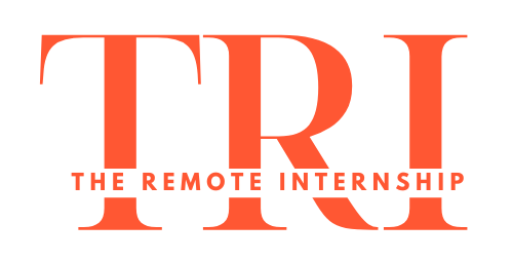Companies are migrating to new schemes in every way, from new forms of administration to innovative business model concepts. Traditional companies are fewer and fewer, and the new generations are looking for new-age companies. The most evaluated skills in a selection process.

These changes are transversal to all organizational processes, including the important selection phase.
Today, companies are more aware that it is necessary to have the best talent. However, the best talent is no longer the person with the most technical knowledge (as it used to be). Now, companies are looking for comprehensive professionals who, in addition to having a high level of development of technical skills associated with their profession, also demonstrate having developed soft or cardinal skills.
In other words, a professional sought after in contemporary companies is one who proves to be a human being with human, relational and professional qualities. Likewise, the professional most likely to be hired is the one with the skills defined in the organization’s skills dictionary.
Therefore, if you are going to start a selection process, or there is a desired company that you want to join, try to identify the soft skills that the company promotes among its collaborators.
The total list of soft skills is infinite and very varied. This is the reason why companies define a small number that they want to target for positions, both in selection and development processes.
The firm THUOPER, Tools for Human and Organizational Performance, carried out an exhaustive market study to identify the competencies that companies tend to evaluate more in company selection processes. This was the result:
- planning
- Initiative
- Teamwork
- Customer orientation
- Effective communication
- Pressure tolerance
- Adaptation to change
- Influence
- Orientation to results
- Decision making
- Innovation
- execution ability
Through this result of 12 competencies, the THUOPER firm consolidated the Thumper 3D Inventory measurement instrument, through which you can identify your level of development in each of them. Through the results it shows, you can identify the competencies where you show strength and the competencies where you have opportunities for improvement to start a development process. You can learn more about the test and the definition of competencies at this link: https://www.thuoper.com/3d-inventory






